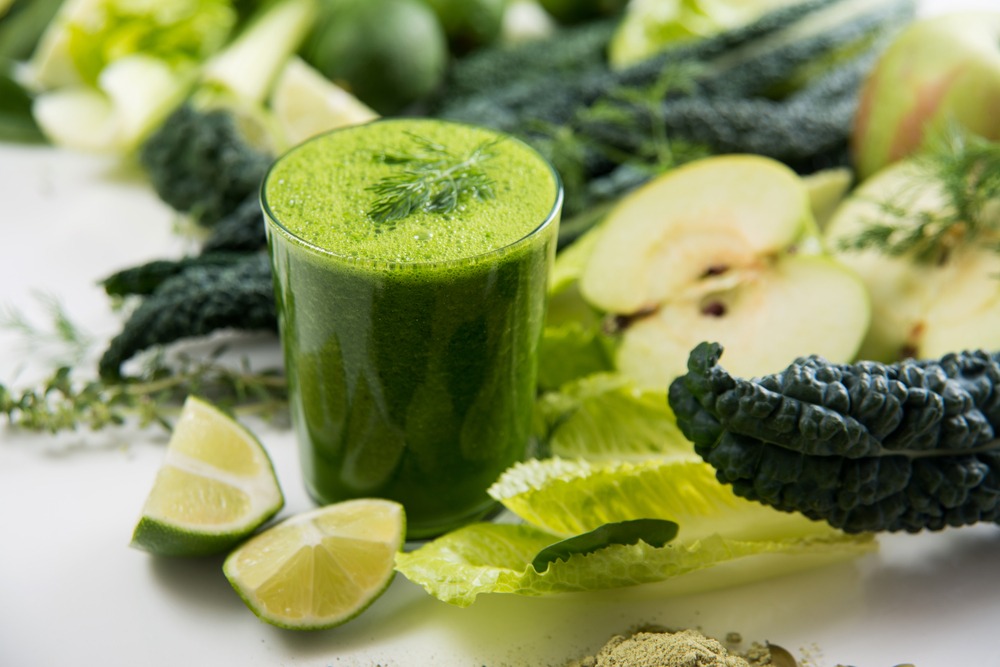
From green juice cleanses to expensive supplements, detoxes have become a popular buzzword in wellness culture. Promising to flush out toxins, boost energy, and jumpstart weight loss, detox programs often sound like the perfect reset. But do they actually work? And more importantly—are they safe?
In this article, we break down the science behind detoxing: what your body actually needs, which methods are helpful, and which ones are more hype than health.
What Does "Detox" Really Mean?
The word “detox” refers to the process of removing harmful substances from the body. In medical terms, detoxification usually applies to people overcoming drug or alcohol dependence in clinical settings. In the wellness world, however, it has taken on a broader—and often misleading—meaning.
Today, detoxes often imply a quick fix to eliminate "toxins" through diets, teas, supplements, or fasting. But many of these claims are not backed by science or even necessary.
How Your Body Naturally Detoxes
The human body already has a highly efficient detoxification system. Your liver, kidneys, lungs, skin, and digestive system work constantly to process and eliminate waste.
Here’s how your body naturally detoxifies:
- Liver: Filters blood, processes drugs and alcohol, and breaks down toxins
- Kidneys: Remove waste via urine
- Lungs: Expel carbon dioxide and filter airborne toxins
- Skin: Releases toxins through sweat
- Digestive system: Eliminates solid waste and harmful bacteria
Unless your organs are compromised, your body is already detoxing 24/7—no special products required.
Detox Methods: What Works
While many detox products are unnecessary, some healthy habits do support your body's natural detox systems. Here’s what actually works:
1. Staying Hydrated
Water helps your kidneys filter waste and keeps your digestive system moving. Drinking enough water supports every detox process in your body.
What to do:
- Aim for 8–10 cups of water daily
- Add lemon, cucumber, or mint for flavor
- Monitor your urine color—it should be pale yellow
2. Eating a Whole Foods Diet
A diet rich in fruits, vegetables, whole grains, and lean proteins provides the nutrients your detox organs need to function optimally.
Key nutrients that support detox:
- Fiber (from fruits, veggies, whole grains): supports digestion and waste removal
- Antioxidants (from berries, leafy greens): help neutralize toxins
- Cruciferous vegetables (like broccoli and Brussels sprouts): support liver enzymes
3. Reducing Processed Foods and Added Sugar
Highly processed foods, excessive sugar, and trans fats can contribute to inflammation and burden your digestive system.
Try this:
- Cook more meals at home
- Limit packaged snacks and sugary beverages
- Read ingredient labels carefully
4. Getting Regular Exercise
Physical activity supports circulation, helps sweat out impurities, and reduces inflammation.
Aim for:
- At least 30 minutes of moderate activity most days of the week
- Activities like walking, swimming, yoga, or strength training
5. Prioritizing Sleep
Sleep is essential for cellular repair and waste removal in the brain (a process known as the glymphatic system).
What to do:
- Aim for 7–9 hours of quality sleep per night
- Limit screens before bed and keep a consistent sleep schedule
6. Supporting Gut Health
A healthy gut supports detox by breaking down food efficiently and eliminating waste. Your gut microbiome plays a key role in reducing inflammation and neutralizing harmful substances.
Ways to support gut health:
- Eat fermented foods like yogurt, kimchi, or kefir
- Include fiber-rich foods daily
- Stay hydrated and active
Detox Methods: What Doesn’t Work
Now let’s debunk some common detox methods that are often more harmful than helpful.
1. Juice Cleanses
Juice cleanses typically involve consuming only fruit and vegetable juices for a few days.
The reality:
- May lack essential nutrients like protein, fiber, and healthy fats
- Can cause blood sugar spikes and energy crashes
- Not sustainable or necessary for detox
Better alternative: Include fresh juice as a supplement to meals—not a replacement.
2. Laxative Teas or Detox Teas
These often contain senna or other herbal laxatives that promote bowel movements.
The reality:
- Can lead to dehydration, cramping, and dependency
- Do not eliminate toxins—just water and waste
- Can disrupt normal digestive function
Better alternative: Drink herbal teas like peppermint or ginger without laxatives.
3. Extreme Fasting or Starvation Diets
Some detoxes promote fasting for extended periods.
The reality:
- May slow down metabolism
- Can lead to nutrient deficiencies and muscle loss
- May increase stress on the liver and kidneys rather than “cleansing” them
Better alternative: Intermittent fasting with balanced nutrition under professional guidance, if suitable for your lifestyle.
4. Expensive Detox Supplements
Many detox pills or powders make unproven claims and lack regulation.
The reality:
- May include untested or unnecessary ingredients
- Not evaluated by the FDA
- Can interact with medications or cause side effects
Better alternative: Stick to a nutrient-dense diet and consult a healthcare provider before adding supplements.
When a Detox Might Be Appropriate
While most detoxes aren’t necessary, there are times when a reset can be helpful—particularly to break unhealthy habits or become more intentional with your choices.
Consider a detox if you:
- Want to reduce sugar, alcohol, or processed food intake
- Are experiencing constant bloating, fatigue, or brain fog
- Need a structured break to establish healthier routines
In these cases, a “detox” doesn’t need to be restrictive. It can simply mean:
- Cooking meals at home
- Drinking more water
- Avoiding processed foods for a few days
- Getting extra sleep and rest
Final Thoughts
The truth is, your body doesn’t need a trendy cleanse or miracle tea to detox—it’s designed to do it naturally. The most effective way to support detoxification is by treating your body well every day through hydration, nutrient-rich foods, regular movement, and adequate rest.
Instead of searching for a quick fix, focus on sustainable habits that help your body do what it’s already designed to do. When you care for your body consistently, you won’t need to “reset” it—you’ll be living in balance from the start.